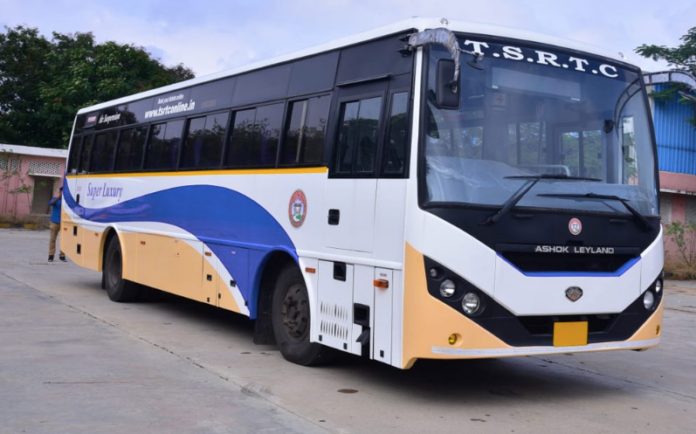TSRTC (Telangana State Road Transport Corporation) has announced its plans to implement a dynamic pricing system for its bus services operating between Hyderabad and Tirupati. This new system is expected to result in increased ticket prices for passengers traveling between these two Telugu cities. Let’s take a closer look at this development.
Meeting the Demand with Dynamic Pricing
The dynamic ticketing system involves automatically adjusting the prices of seats as soon as tickets are booked. TSRTC aims to capitalize on the high demand for bus services on the Hyderabad-Tirupati route by introducing this dynamic pricing mechanism. The system will charge higher fares for lower berths in sleeper buses and is likely to have higher ticket charges for the first row of seats behind the driver in services with seating only.
Impact on Current Ticket Prices
Currently, the ticket prices for different bus types on the Hyderabad-Tirupati route are as follows:
- Super Luxury bus: Rs 1,060
- Rajdhani AC Semi Sleeper bus: Rs 1,340
- Lahari AC Sleeper bus: Rs 2,150
- Garuda Plus bus: Rs 1,580
If the dynamic pricing policy is implemented, an additional 25% charge is expected on the existing ticket prices for RTC buses. The ticket prices will be determined based on the prevailing rates set by private operators at the time of booking.
The Success of Dynamic Ticketing System
As a pilot project, TSRTC previously introduced dynamic ticketing for buses running between Hyderabad and Bengaluru, as well as Hyderabad and Vijayawada. Officials reported a significant increase in income, averaging at least 15%. Encouraged by this success, TSRTC is now preparing to implement the dynamic pricing system on the Tirupati route as well.
By implementing the dynamic pricing system, TSRTC aims to optimize revenue generation while efficiently managing the high demand for bus services between Hyderabad and Tirupati. This move will help strike a balance between the costs of operations and the expectations of passengers.





